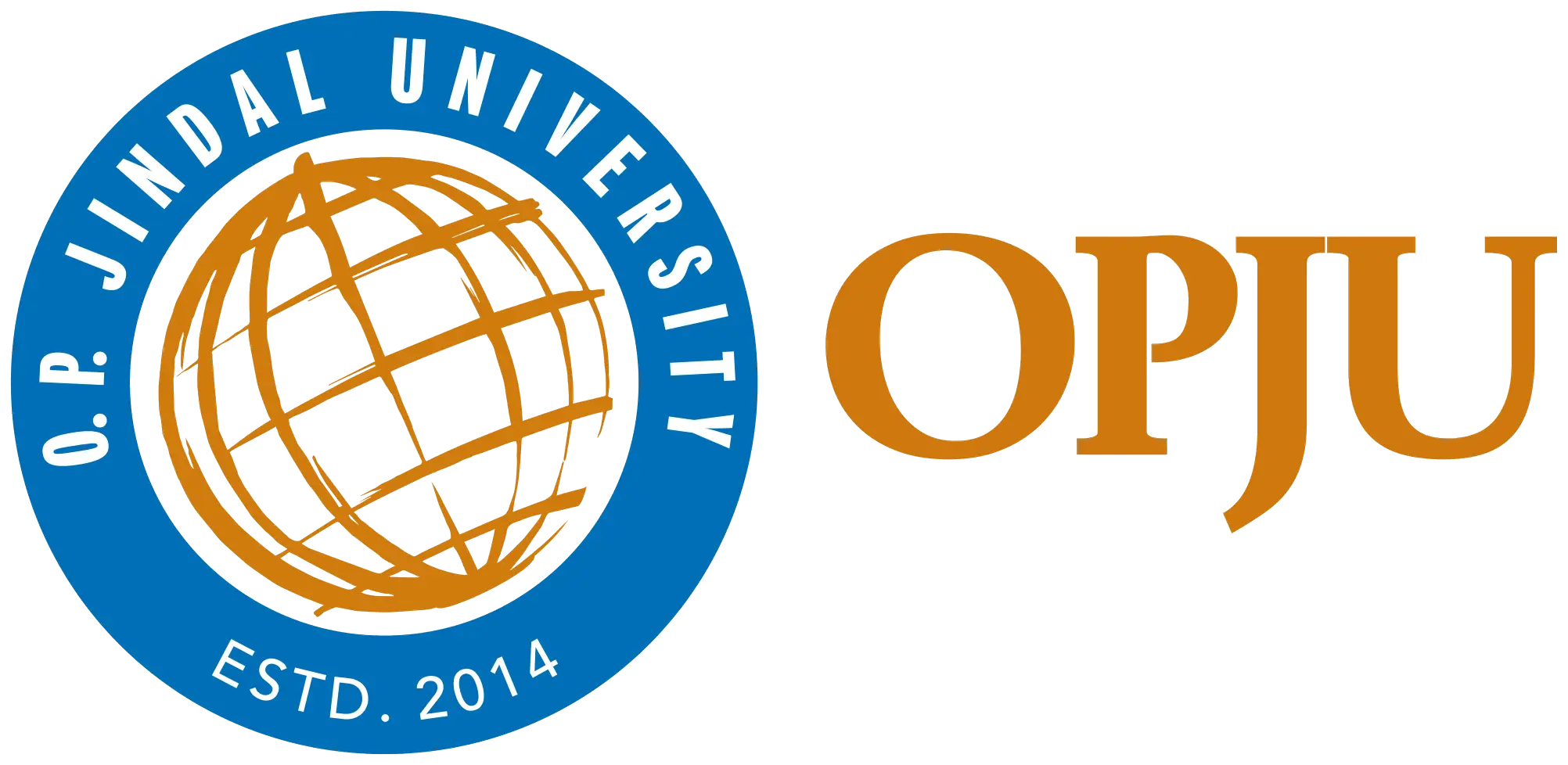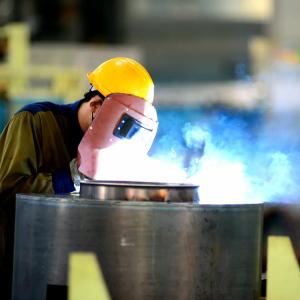Upon successful completion of the program, scholars will be able to:
PO1: Research Gap Identification and Knowledge Creation –
To identify research gaps and generate new knowledge through structured inquiry and application of research methodology.
PO2: Research Planning and Project Management –
Plan and manage research projects independently and as part of a team, applying appropriate research tools, time management, and resource allocation techniques.
PO3: Methodological Application and Problem Solving –
Select and apply suitable research methods to solve complex problems within the domain of study.
PO4: Research Ethics and Critical Thinking –
Exhibit originality, critical thinking, and adherence to ethical standards in research conduct, authorship, and publication.
PO5: Scientific Communication Skills –
Effectively communicate research findings through scientific writing, presentations, and peer-reviewed publications.




